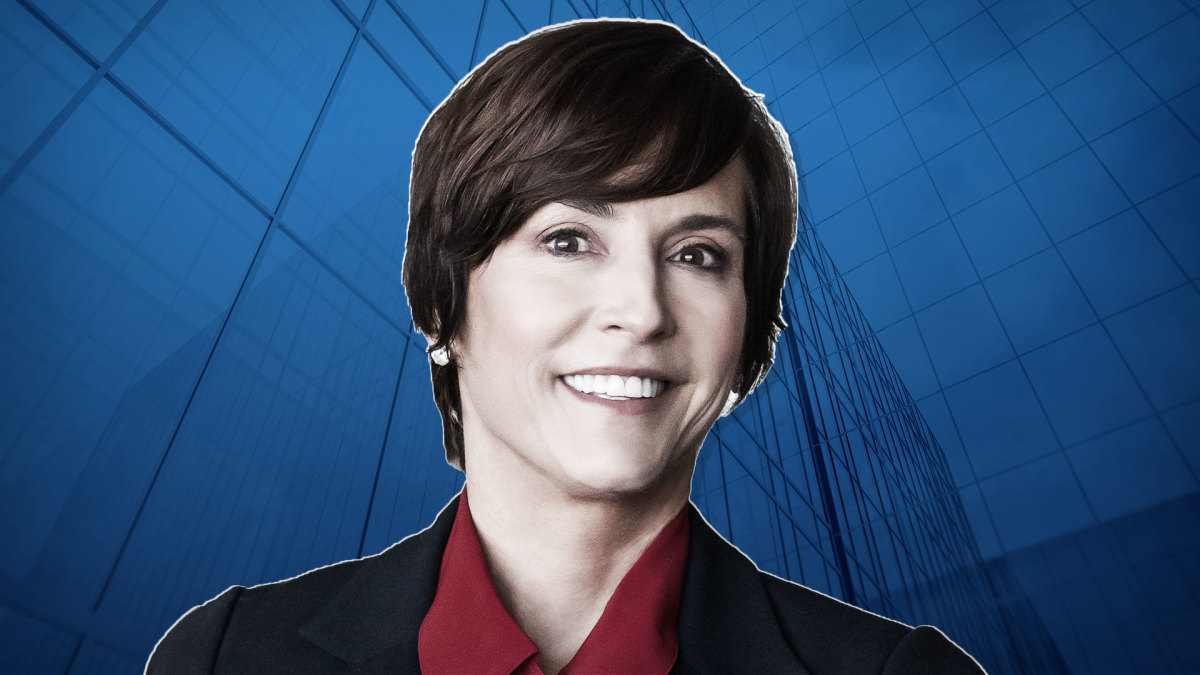Sarah Ketterer, chief executive of $34 billion Causeway Capital Management, is a global value-stock investor. And she’s good enough at it to have earned a Morningstar mutual fund manager of the year award in 2017.
Ketterer is a traditional value investor, looking for corporate turnarounds.
U.S. stocks are likely to end flat next year, as the economy weakens and then rebounds, while European stocks are likely to rise a bit, she said.
Two European stocks that she likes are French railway company Alstom and British insurer/money manager Prudential.
TheStreet.com: What’s your investment philosophy in choosing stocks?
Ketterer: We look for companies that are significantly undervalued. We use the standard definitions: earnings yield, price-to-cash flow, earnings estimates.
Many companies are under-earning compared to what they can achieve. They face some headwinds.
When a company is undervalued, typically something has gone wrong — management mistakes. Maybe an acquisition hasn’t been integrated properly. There is a whole array of global stocks where things have gone wrong.
The question for us is whether they have the ability to turn around, to implement operational restructurings. We also look for return of capital – buybacks and dividends, especially dividends.
TheStreet.com: What’s your outlook for the U.S. stock market in 2023?
Ketterer: I think it will end the year about flat, [with stocks slipping in the first half of the year and recovering in the second].
In the first half, we’ll be in the later stages of Federal Reserve tightening. That will likely make things difficult for companies. Demand will shrink, as consumers tighten their belts.
After that, the economy will likely start to rebound, and cyclicals will lead the market upward.
Sarah Ketterer, CEO Causeway Capital Management
Causeway Capital Management/TheStreet
TheStreet.com: What’s your 2023 outlook for foreign stock markets?
Ketterer: Assuming there are no new negatives from the Russia-Ukraine conflict, it should be a modestly positive year for European markets, after how poorly they’ve done this year. It won’t be a barnburner, but slightly better than the U.S.
TheStreet.com: Where do you think the best buying opportunities will be in terms of sectors?
Ketterer: As recession takes hold, investors won’t want to own cyclicals, where revenue will start to be impacted. Consumer discretionary, financial services, materials tend to have the best returns. At some point in 2023, it should be a good time to be in cyclicals.
Street.com: How do you see U.S. value stocks performing against growth stocks next year?
Ketterer: If interest rates stabilize [at high levels], it’s good for value stocks. [That’s because when rates are high, value stocks’ earnings are valued more highly than growth stocks’ earnings.]
Growth stocks outperformed value from 1980 to 2021. Now value has outpaced growth for one year. That looks like a beginning.
TheStreet.com: What are a couple stocks that you like a lot?
European stocks are much cheaper than the U.S., so we look for companies that are underearning there.
1. French railway company Alstom (ALSMY) . It had a problematic acquisition last year. Then the stock collapsed.
But management is very capable. The company has a better order book now and a significant improvement in cash flow. The stock could increase 60% to 80% over the next two to three years.
The rail sector is likely to grow, partly due to the need for green transport. Management can continue to make this a better business.
2. Prudential (PUK) – Get Free Report, a British insurance and asset management company, with operations in Asia and Africa. It’s in growth frontier markets such as Indonesia, India and Vietnam. Those are the most significant contributors to earnings.
They have named a new CEO and will likely have another round of restructuring and cost cuts. That will reset cash flow and earnings upward. The stock has significant upside potential in the next two to three years — 50-60%.
It won’t take much to lift it. But they need to see a reopening in China, where their business has suffered.
